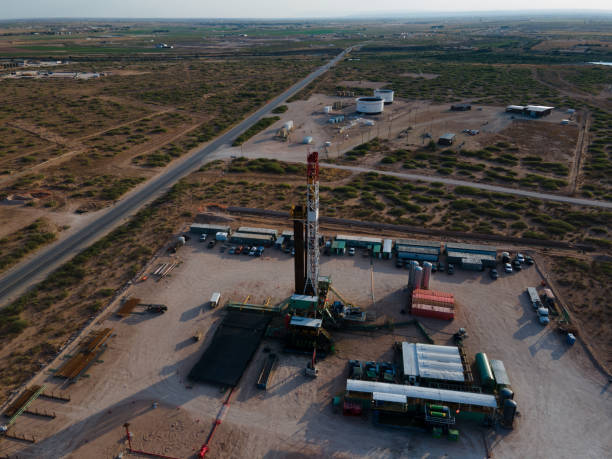As the oil trading industry continues to evolve, companies must remain vigilant and adaptable to emerging trends that could reshape their operations and market dynamics. With growing concerns about sustainability, technological advancements, and geopolitical shifts, the landscape for oil trading is changing rapidly. In this article, we’ll explore key trends to watch in 2025 that will likely influence the future of oil trading companies.
1. Continued Transition to Renewable Energy
A. Increasing Investment in Clean Technologies
By 2025, oil trading companies are expected to further diversify their portfolios to include renewable energy sources. This shift will involve substantial investments in solar, wind, and hydrogen technologies. Companies that successfully integrate renewables into their operations will be better positioned to meet changing consumer demands and regulatory pressures.
B. Collaboration with Renewable Firms
Partnerships between traditional oil trading companies and renewable energy firms will likely become more prevalent. Collaborating on projects can help both sectors leverage expertise and resources, ultimately driving the transition to a more sustainable energy future.
2. Digitalization and Technological Innovation
A. Advanced Data Analytics
In 2025, oil trading companies will increasingly rely on advanced data analytics to optimize operations and improve decision-making. By utilizing big data, companies can gain insights into market trends, pricing fluctuations, and consumer behavior, enabling them to respond more effectively to changing conditions.
B. Blockchain Technology
Blockchain technology is poised to revolutionize the oil trading sector by enhancing transparency and security in transactions. By implementing blockchain, companies can improve supply chain traceability, reduce fraud, and streamline operations, making it a significant trend to watch.
3. Enhanced Focus on Sustainability and ESG Criteria
A. Stricter Environmental Regulations
With governments around the world tightening environmental regulations, oil trading companies will need to prioritize compliance with sustainability initiatives. By 2025, adhering to environmental, social, and governance (ESG) criteria will become a key focus for companies aiming to maintain competitiveness and secure investment.
B. Sustainability Reporting
Companies will increasingly engage in sustainability reporting to provide transparency regarding their environmental impact and initiatives. This trend will help build trust with stakeholders and demonstrate a commitment to responsible practices.
4. Geopolitical Factors and Market Volatility
A. Navigating Political Uncertainty
Geopolitical factors will continue to influence oil markets in 2025. Oil trading companies must remain agile in response to changing political landscapes, trade agreements, and potential conflicts. Companies that can effectively navigate these uncertainties will have a competitive advantage.
B. Risk Management Strategies
As market volatility persists, oil trading companies will enhance their risk management strategies. This includes employing hedging techniques and scenario planning to prepare for various market conditions, ensuring stability in operations and profitability.
5. Evolving Consumer Preferences
A. Demand for Cleaner Fuels
As consumer awareness of environmental issues grows, the demand for cleaner fuels will likely increase. Oil trading companies must adapt to this shift by offering more sustainable energy solutions, such as biofuels and low-emission products, to meet customer expectations.
B. Enhanced Customer Engagement
Companies will need to invest in technologies that enable better customer engagement and communication. By utilizing digital platforms, oil trading firms can provide personalized services, foster loyalty, and strengthen relationships with clients.
6. Investment in Infrastructure and Logistics
A. Modernizing Supply Chains
To meet the demands of a changing market, oil trading companies will invest in modernizing their supply chains. This includes upgrading logistics and storage facilities to improve efficiency and reduce environmental impact. Advanced technologies will play a crucial role in optimizing transportation routes and minimizing emissions.
B. Expanding Global Presence
In 2025, oil trading companies may expand their global presence by exploring new markets and forming strategic alliances. This approach can enhance their ability to meet international demand while mitigating risks associated with local market fluctuations.
Conclusion
The future of oil trading companies is set to be shaped by significant trends that include the transition to renewable energy, technological innovation, heightened focus on sustainability, geopolitical influences, evolving consumer preferences, and investments in infrastructure. As the industry adapts to these changes, companies that prioritize flexibility, transparency, and innovation will be better positioned to thrive in the evolving energy landscape.
For businesses looking to navigate this complex environment, partnering with a forward-thinking oil trading company is essential. To gain insights and strategies tailored to your needs, connect with Valor International Holding for expert guidance on preparing for the future of oil trading.

